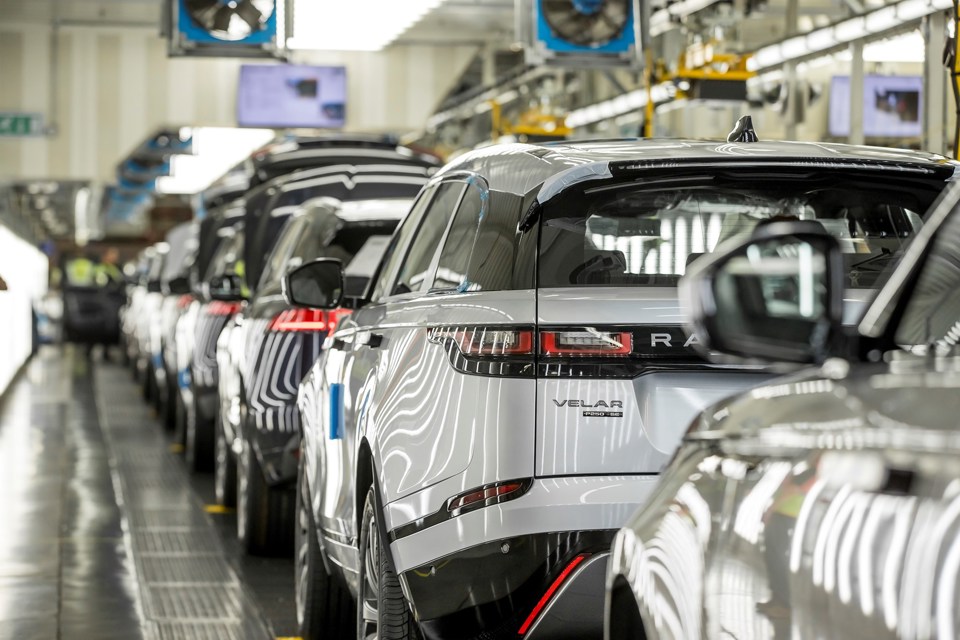Jaguar Land Rover will follow recent moves to cut 1,000 agency and place workers at Castle Bromwich on a three-day week with a two-week manufacturing freeze at its Solihull plant.
The manufacturer said that in a statement that it is focused on achieving “operational efficiencies” and would align supply to reflect fluctuating demand globally as required.
It added: “The decision to introduce a two-week shutdown period later this month at Solihull is one example of actions we are taking to achieve this.
“Customer orders in the system will not be impacted and employees affected will be paid for the duration of the shutdown."
The Solihull shut-down will take place between Monday October 22 and Sunday November 4.
Staff employed by DHL were informed yesterday (October 8) that around 25,000 JLR vehicles were being “held at sales centres” following poor sales for the Jaguar and Land Rover brands during September.
Britain's biggest carmaker blamed weakening global demand, especially in China, and failing demand for its diesel powered products.
Year to date registrations figures published by the Society of Motor Manufacturers and Traders (SMMT) for September showed that Land Rover had seen a decline in demand for its vehicles of 9.93% in its home market, sales having slipped from 60,304 to 66956 so far in 2018.
At Jaguar the effects have been less pronounced, registrations having declined by 1.3% from 29,054 to 28,675.
The Unite union’s national officer, Des Quinn, told the BBC: "Government ministers' trashing of diesel, despite the UK making some of the cleanest engines in the world, combined with their shambolic handling of Brexit is damaging the UK car industry and the supply chain.
"Add into the mix the government's half-hearted support for the transition to electric and alternatively powered cars and you have a triple whammy facing the UK's car workers."
Jaguar Land Rover’s latest move to slow production at its UK car plants follows a move to a three day week for 2,000 workers at the firm's Castle Bromwich plant and an announcement in April to lay off 1,000 workers across its West Midlands' plants.


















Is it me? - 25/10/2018 21:02
So the Factory shuts down citing poor sales just as the new factory in Eastern Europe opens today. Hmmm.